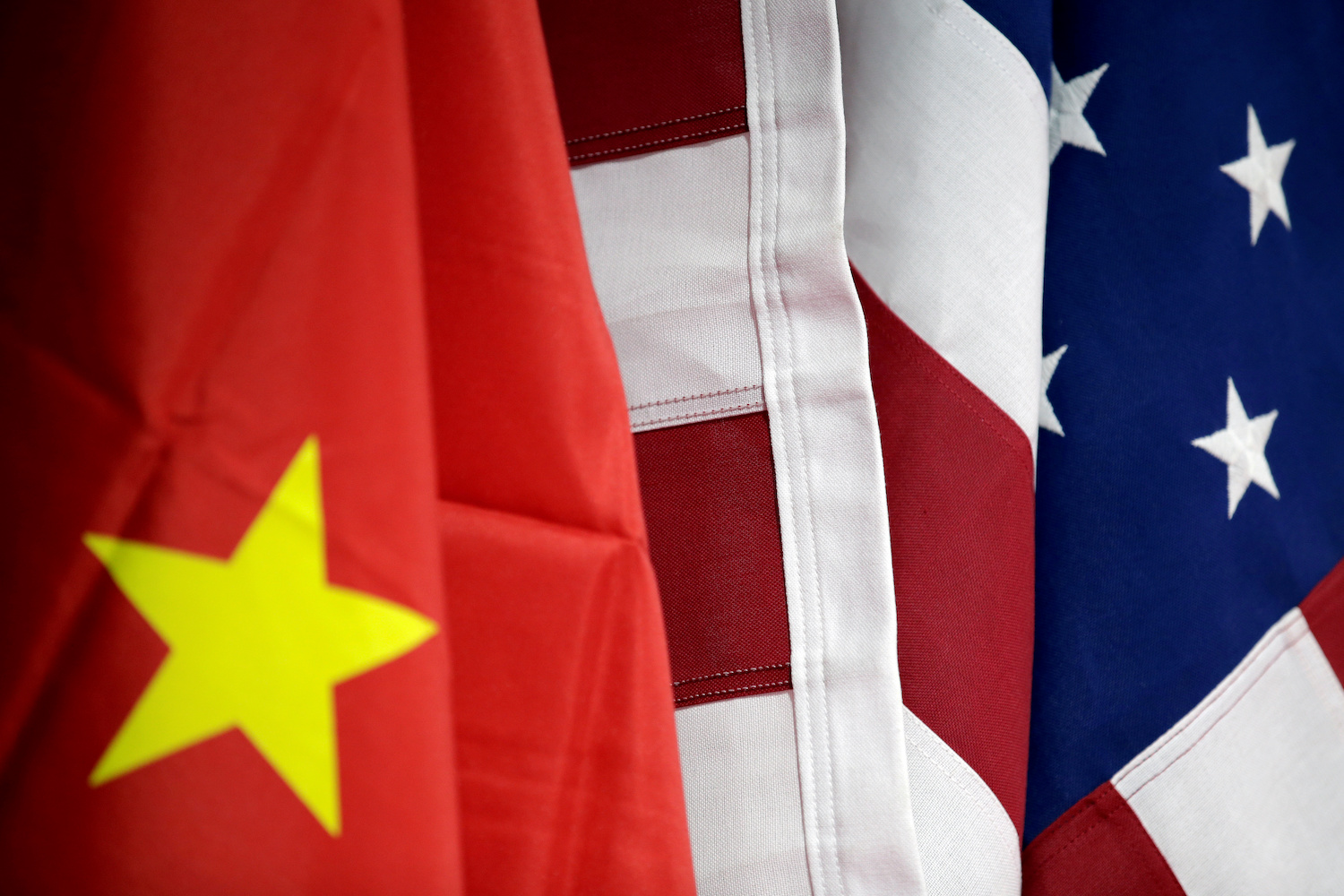(ATF) How to ban US investment in certain Chinese companies is stirring tensions within the outgoing administration of Donald Trump, according to multiple media reports, suggesting that the Treasury is trying to water down prohibitions backed by the Department of State and the Department of Defense.
Trump last month issued an order barring US investors from investing in Chinese companies suspected of helping the People’s Liberation Army (PLA), arguing that US investors who invest in Chinese companies are helping Beijing and damaging America’s national security. The order takes effect from November 2021.
The Chinese Communist Party, said Mike Pompeo, US secretary of state, has prioritised “something called ‘military-civil fusion’,” explaining that “Chinese companies and researchers must. under penalty of law – share technology with the Chinese military.” Pompeo said the goal is to “ensure that the PLA has military dominance. And the PLA’s core mission is to sustain the Chinese Communist Party’s grip on power.”
So far, the Pentagon has added 35 companies including oil giant CNOOC and China’s top chipmaker SMIC, to the blacklist, which was mandated by a 1999 law. Index providers such as MSCI and the FTSE Russell have already begun shedding some of the designated companies from their indexes while investors are waiting for guidance from Treasury’s Office of Foreign Assets Control to determine if they need to sell their shares.
More questions remain over whether subsidiaries of the blacklisted companies will also be subject to the restrictions. Kevin Wolfe, a trade lawyer at Akin Gump in Washington, told Reuters that the scope of the Chinese companies covered by the order was a key unanswered question. “Are they going to go the road of what was listed or are they going to go the road of a traditional sanction and also apply it to affiliates?”
Wide or narrow application?
According to The Wall Street Journal, State and defence officials want the executive order to have the widest reach, because excluding subsidiaries or affiliates creates loopholes, while the Financial Times reported that Treasury wanted to exclude subsidiaries from the ban, which would significantly weaken the impact of Trump’s order.
On December 8, Keith Krach, US under-secretary of state for economic growth, energy, and the environment, said in a statement that the Chinese Communist Party’s “threat to American national security extends into our financial markets and impacts American investors”.
He said many major stock and bond indices developed by index providers like MSCI and FTSE include “malign … companies”, adding that the money flowing into these index funds – often passively, from U.S. retail investors – supports Chinese companies involved in both civilian and military production.
“Some of these companies produce technologies for the surveillance of civilians and repression of human rights, as is the case with Uighurs and other Muslim minority groups in Xinjiang, China, as well as in other repressive regimes, such as Iran and Venezuela,” Krach said.
The transition team assisting US president-elect Joe Biden has not commented on his plans regarding the ban on investment, or whether the Treasury or the State and Defense department interpretations are more likely to prevail. Biden, who takes office on January 20, could take a different approach to the directive or even revoke it, US observers have said.
























